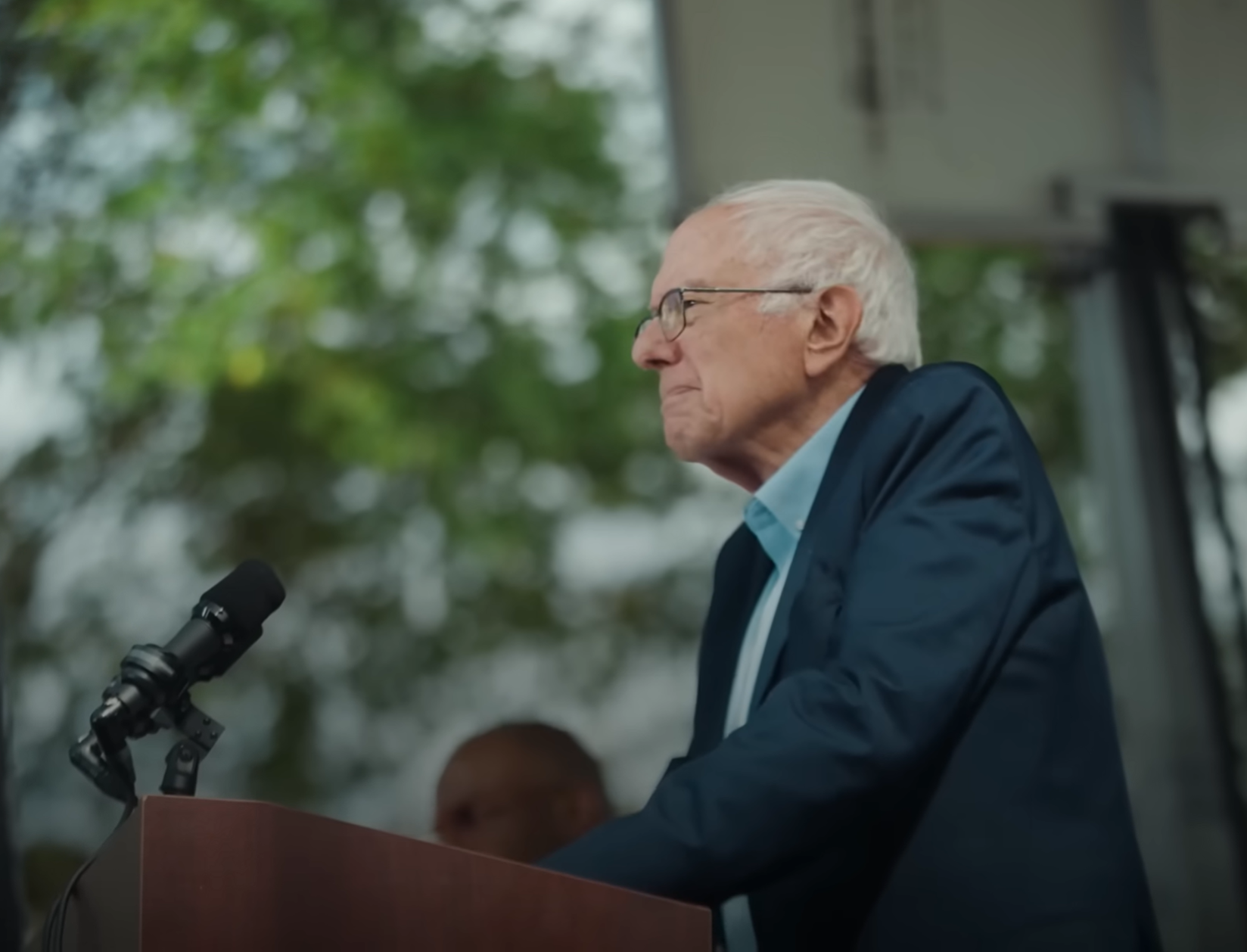Last Friday, a federal judge in Wisconsin struck down an IRS provision that allows clergy members to receive part of their pay as an untaxed “housing allowance.” The judge ruled it unconstitutional because it, “provides a benefit to religious persons and no one else, even though doing so is not necessary to alleviate a special burden on religious exercise.”
The law allows a recognized members of the clergy to be paid part of his or her salary as regular taxable income, and also to have the employer institution designate part of their salary as tax exempt if it is for a housing allowance.
While the decision is virtually guaranteed to be appealed, and action is being considered by legislators in Congress, the implications of the change in the tax law could be very damaging to not only the personal finances of individual clergy members, but also to religious organizations, according to Johnathan Medows, an ordained rabbi in New York, who is also a CPA in private practice. Among his specialties in his practice, Medows CPA, is the issue of clergy taxation.
He said one of the major challenges is that clergy members are not paid the same way as most regularly employed persons.
“Most members of the clergy are dual status, which means their church, synagogue or temple does not pay the employer part of their Social Security and Medicare taxes,” Medows told CPA Practice Advisor. “This means the pastors, rabbis, priests and other clergy must pay self-employment taxes on the portion of their income that is not part of the housing allowance.”
Because of the continuing economic challenges our economy faces, as well as declining religious attendance at many houses of worship, Medows believes that if this change in the law stands, it could cause many faith-based organizations to have trouble finding or affording to pay their clergy.
“This could be financially ruinous for rabbis, pastors and other clergy, as well as their institutions, especially smaller churches and temples that have only a few, or even only one, pastor or rabbi.” While Medows acknowledges there has likely been some abuse, as there is with most tax laws, he believes it is rare since the majority of clergy consider honesty a critical element of their personal faith and calling.
The ruling also affects clergy members who practice their faith outside of traditional houses of worship, such as chaplains in hospitals, prisons and schools.
Ultimate, Medows expects a resolution to this matter, either via an overturned ruling in the courts, or through legislation. However, he added, “If this ruling stands, then the only equitable thing to do for the clergy members is to also require their employers to pay matching employment taxes as other employers do, because otherwise it would become twice as burdensome on the clergy,” he said.
Thanks for reading CPA Practice Advisor!
Subscribe Already registered? Log In
Need more information? Read the FAQs
Tags: Income Taxes



